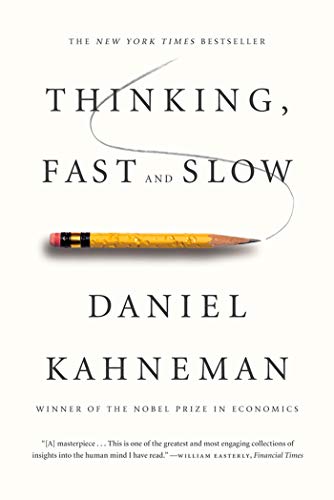What are
/r/StreetEpistemology's
favorite Products & Services?
From 3.5 billion Reddit comments
The most popular Products mentioned in /r/StreetEpistemology:
The most popular Services mentioned in /r/StreetEpistemology:
AdNauseam
Wikiquote
NewsGuard
The most popular reviews in /r/StreetEpistemology:
https://www.amazon.com/Arguing-about-Gods-Graham-Oppy/dp/0521122643/ Hmm those arguments have been debunked.
My question Ben is why does Christianity demand believers to have faith it is real if it's real?
Even Dr. Richard Carrier, who is one of the key proponents of the theory that Christianity is based on other myths, argues that Zeitgeist is rubbish. Dr. Carrier wrote:
>Mythicist Milwaukee & King’s Tower Productions are going to produce a well-researched film about the Jesus myth theory that deliberately eliminates the flaws of past films (like that awful Zeitgeist thing) and pays attention to the best scholarship on the issue, while also introducing a lot of entertaining features as well as educational ones. (A Better Movie on the Jesus Myth)
Also, Zeitgeist is full of conspiracy theories (e.g., the 09/11 conspiracy theory).
You could try to explain the Q Source[Q Source](https://en.m.wikipedia.org/wiki/Q_source#:~:text=The%20Q%20source%20(also%20called,in%20the%20Gospel%20of%20Mark.) document to show how Matthew Mark and Luke are nearly word for word and therefore all later versions of the same book, as opposed to three separate accounts. A Christian book called A Harmony of the GospelsA Harmony of the Gospels clearly shows them side by side and it becomes apparent these are the same books. The fact that this is a Christian book could help them to see and understand from a nonthreatening place.
Youtube actually personalized your recommendations based on like 10,000+ metrics specifically tuned to you. A lot of the videos you see are chosen by AI to encourage people to "watch monetized-only videos for as long as possible". If you click-away, the algorithm has failed and learns from this failure.
You can turn off that personalization here:
https://support.google.com/ads/answer/2662856?co=GENIE.Platform%3DDesktop&hl=en&oco=0
But even then, Google will still personalize the ads based on your location, IP address, wifi router, who lives in your home, what device you're using, etc.
One way to obscure the data even more is by using:
https://adnauseam.io/
Which Google has banned from the Chrome extension store permanently, so you have to manually install it in chrome (or just switch to Firefox/Opera).
"TrackMeNot" also helps obscure your Google searches.
And here is the link to the book I was referring to that explores common sense as a methodology to know things, and why it is a widespread methodology and its flaws.
Thinking Fast and Slow https://www.amazon.com/dp/0374533555/
If such feelings and answers can lead people to such different and contradictory beliefs, then they cannot be reliable guides to truth.
There is a multiplicity of contradicting god concepts, and contradictions means at least nearly everyone is wrong. Either Prometheus made man from dirt, or the Abrahamic God did, they cannot both have done it. Out of the gate, nearly all gods proposed are surely false. If there is no argument exclusively for your God that cannot also be used for a competing God, then competing mutually exclusive claims are a strong argument that all are false.
You have a sacred book? So do they. Angelic visits? Piece of cake. Ancient tradition lasting thousands of years? Common place, and I can assure you that yours is a new kid on the block. Miracles and prophecies that came true? Almost mandatory. A special feeling inside and answered prayers? Been there, done that.
To be a genuine solution to this problem, any proposed faith must pass The Outsider Test for Faith.
mm yeah. One such example is Man's Search for Meaning by Viktor Frankul. It is largely secular but hashes out a search for a meaning that can be found in suffering and existence. Often these examples, as he shows, are specific to the individual. Meaning that, men find different meanings for different things and that the purpose we find changes from day to day. So by purpose and meaning I mean secular existential foundation stones that although small, we might rest a corner of our existence upon...Does that help explain at all? haha










